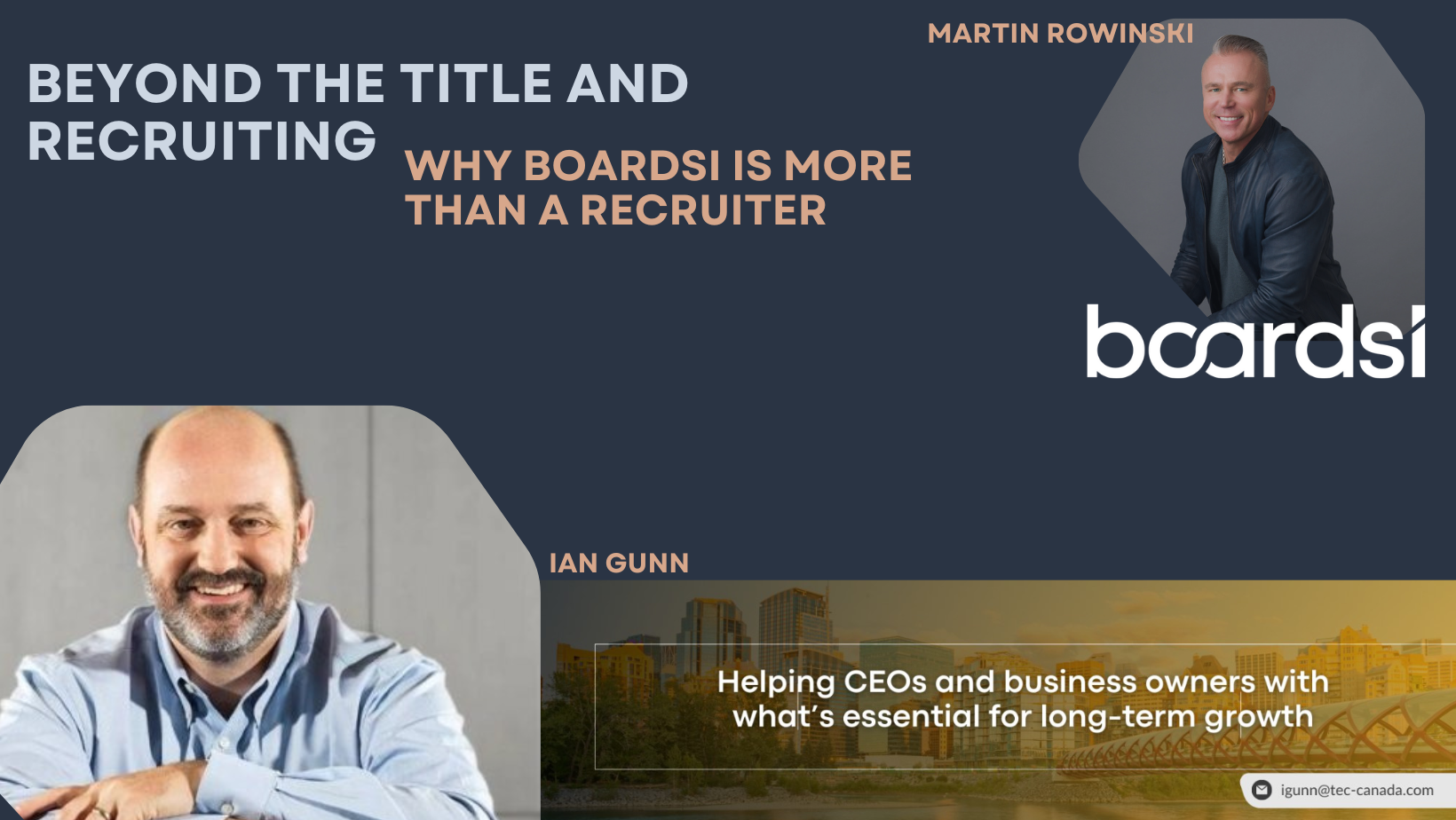In today’s fast-paced, interconnected world, the boundaries between work and personal life are increasingly blurred, making it challenging to disconnect from our professional responsibilities. This article explores seven effective methods to unplug from work without guilt, enabling you to make the most of your personal time and maintain a healthy work-life balance.
“True productivity lies not in constant busyness, but in finding a healthy balance between work and rest.” – Martin Rowinski, Boardsi CEO
- Establish Clear Boundaries: To prevent the encroachment of work into your personal life, set clear boundaries. Define your work hours and communicate them to colleagues and superiors. Disable notifications and resist the urge to check emails or respond to work matters outside of these specified hours. By respecting these boundaries, you regain control of your personal time and minimize work-related guilt.
- Practice Mindful Transition Rituals: Develop mindful transition rituals that facilitate your mental and emotional detachment from work. These rituals may involve activities such as walking, meditation, or listening to soothing music. Engaging in these practices signals to your mind that it’s time to shift focus towards personal relaxation, helping you disconnect without carrying the weight of unfinished tasks.
- Engage in Non-Work Activities: Cultivate your hobbies and interests outside of work to divert your attention from professional matters. Immersing yourself in activities that bring joy and fulfillment allows you to disengage from work-related thoughts and be fully present in the moment. Whether it’s pursuing creative endeavors, sports, or spending quality time with loved ones, these non-work activities provide essential breaks to recharge your energy.
- Delegate and Collaborate: Learn to delegate tasks and trust your colleagues to handle them competently. Sharing responsibilities and collaborating with your team not only reduces your workload but also fosters trust within the group. Delegation frees up your time, enabling you to disconnect from work without worrying about unfinished tasks. Remember, teamwork enhances productivity.
- Prioritize Self-Care: Dedicate time to self-care activities to disconnect from work guilt-free. Prioritize your physical and mental well-being by ensuring sufficient sleep, maintaining a balanced diet, and engaging in regular exercise. Additionally, incorporate relaxation techniques such as yoga, deep breathing, or mindfulness meditation into your routine. By prioritizing self-care, you rejuvenate yourself, enhancing focus and productivity upon returning to work.
- Create Digital Detox Periods: Periodically disconnect from digital devices to escape constant work-related notifications and distractions. Allocate specific periods during the day or week for a complete technology detox. Use this time to connect with nature, read a book, or engage in offline activities that promote relaxation and revitalization. Embracing a digital detox fosters mental clarity and reduces the omnipresence of work in your life.
- Cultivate a Supportive Work Environment: Foster a work environment that values work-life balance and respects personal boundaries. Advocate for flexible work arrangements when necessary and encourage open dialogues about the importance of disconnecting from work. When you work in an organization that prioritizes employee well-being, you’ll feel more empowered to unplug without guilt, knowing your mental and emotional health is valued.
Achieving a harmonious work-life balance requires conscious effort and a commitment to disconnecting from work without guilt. Remember that genuine productivity is not solely measured by the number of hours worked but by the quality of work produced and your overall well-being. By implementing the strategies outlined in this article, you can unplug and recharge, affording yourself the time and space to fully enjoy life outside of work. As Martin Rowinski wisely stated, “True productivity lies not in constant busyness, but in finding a healthy balance between work and rest.” Embrace rest, prioritize self-care, and reclaim your personal time—it’s a journey worth embarking on.









